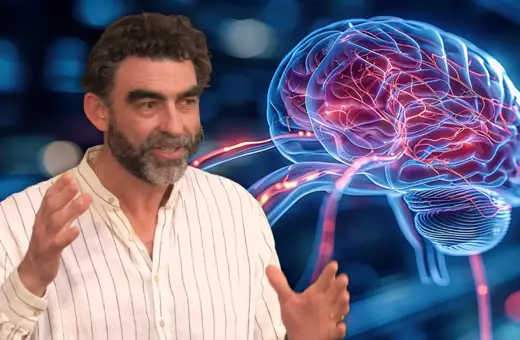To Zara Yaqob – a seventeenth-century Ethiopian rationalist, the heart is, broadly, a symbol of wisdom. But surprisingly, in analytic terms, the heart is, for him, also a symbol of reason.
That is:
1. The Heart is a symbol of reason.
2. Humans can reason.
3. They reason with the heart.
Before Yaqob, ancient Egyptians also embraced the heart as a cradle of thought. They mummified the human heart and sucked out the brain. The heart captured their imagination and stimulated their reasoning power and wisdom. It is said that hearts were lifted and soaked in wines and herbs, preserved for worship by saints. The Egyptians were cardiocentrists. They considered the brain worthless, and worshipped the heart instead.
Aristotle too thought of the heart as the symbol of thinking. As the son of a biologist, and influenced by his father, and accustomed to shrewd observation, he dissected and studied animal hearts, his Historia Animalum and De Patrubs Animalum, are a wealth of empirical evidence and detailed documentation of the structure and function of the heart. He disagreed with his teacher Plato that the heart is a cushion, by arguing that, in fact, the heart is the seat of the soul and, therefore, the seat of wisdom and rationality.
___
"Aristotle argued that the heart is the seat of the soul and, therefore, the seat of wisdom and rationality..."
___
Was this just an error caused by little biological understanding? In the age of scientism, we place thought in the mind, and believe it to be separate from, and in opposition to the heart. Might we benefit from reimagining the link between our reason and our ‘hearts’?
As a physical organ, the human heart beats 100,000 times, and pumps 2,000 gallons of blood, through 60,000 miles of blood vessels.But as the seat of the soul, and as a transcendental symbol, the heart carves out the right moral path and is the originator of thought impulses in the form of emotion. It is the ultimate house of what moderns have come to call moral intelligence.
The body and mind dichotomy, which raged in the seventeenth century, was made prominent by Descartes. As he puts it, “it is certain that I, that is, my mind, by which I am what I am, is entirely and truly distinct from my body, and may exist without it.”
However, in contrast, and in the same period, Yaqob argued that ‘leb’ (which means ‘heart’ in Geez, a classical Ethiopian language) is in fact the seat of both emotion and thought. He wrote, “God has illuminated the heart of man with understanding by which he can see the good and evil, recognise the licit and illicit, distinguish truth from error, and by your light we see the light oh Lord! If we see the light of heart properly, it cannot deceive us.”
In this way, the dichotomy between the body and mind is overcome inside the heart. Yaqob sees the heart as part of both the body and the non-bodily – the penetrating intelligence which originates and dissects thoughts, and directs them to the brain, where thought impulses are processed and linguistically articulated, thereby facilitating communication and producing discourses. For Yaqob, a spiritual and religious thinker, the transcendental (thinking function) is given by God to us, so that we can think wisely and act rationally. “God gave us intelligence so that we can use it to look for him and to meditate upon his greatness,” he said.




















Join the conversation